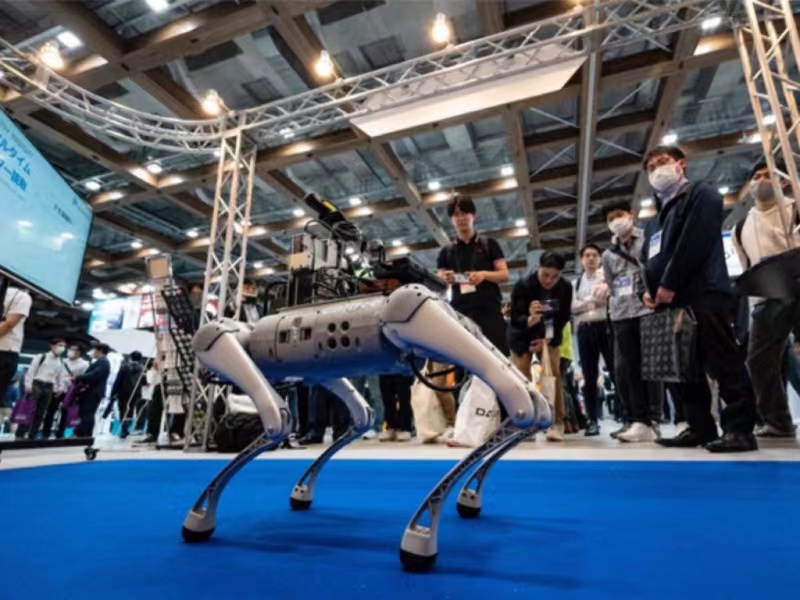- About 25% of Japanese companies have already adopted AI technology in their business according to the survey by Reuters. However, more than 40% have no plans to use AI.
- It shows that different Japanese companies have different levels of acceptance of technological innovation.
OUR TAKE
The proportion of Japanese companies using AI technology is less than 60%. We can know that some Japanese companies have worries about the use of AI technology. Based on the answers from different Japanese companies, we can summarise both sides of using AI in the business. For instance, AI reduces the labor force to a certain extent and reduces costs for the whole company which can cause some workers lose their jobs.
-Rae Li, BTW reporter
What happened
A total of 506 Japanese companies were interviewed by Reuters’ Nikkei Research between July 3 and 12. About 250 responded on condition of anonymity. According to the survey, about 24% of respondents have already introduced AI in their business, 35% have plans to introduce AI, and the remaining 41% have no such plans. At the same time, for the purpose of utilising AI, 60% of respondents say they want to to address employee shortages, 53% say their goal is to reduce the workforce and 36% say their goal is to accelerate research. Moreover, for the reasons for not introducing AI, a manager at a transportation company thought employees were anxious about the possibility of layoffs. Other reasons include a lack of technology, large capital expenditures and concerns about reliability. Moreover, the interviews also covered the social topics of cyberattack and the reform of female surnames.
Also read: Tiny Japanese startup brings AI dating to the elderly
Also read: SoftBank of Japan acquires British AI chipmaker Graphcore
Why it’s important
According to the survey, a number of Japanese companies have either already introduced AI into their business operations or are planning to do so. This points to a growing trend of AI consolidation across industries which is critical to understanding the pace of technology adoption and its impact on the economy.
Furthermore, the survey highlights the main goals behind the implementation of AI. These insights are important for policymakers, educators, and business leaders to understand how AI is reshaping the nature of the workforce and work itself. What’s more, the survey addresses social topics such as cyberattacks and the reform of female surnames, suggesting that the adoption of AI has broader implications than business operations. Understanding these social impacts is critical to developing comprehensive strategies that balance technological progress with social welfare.

